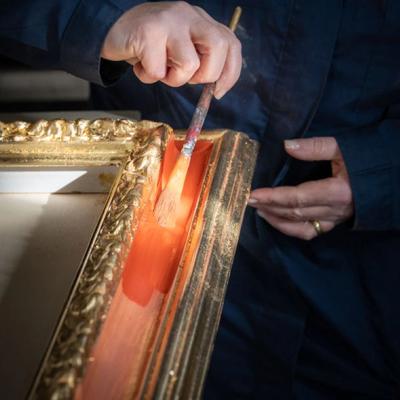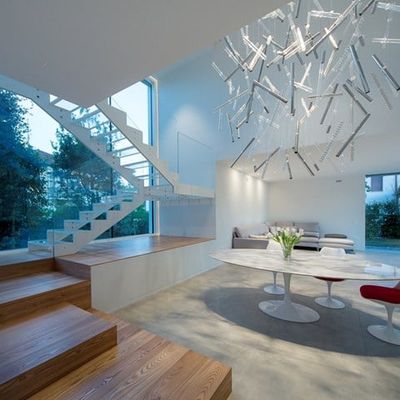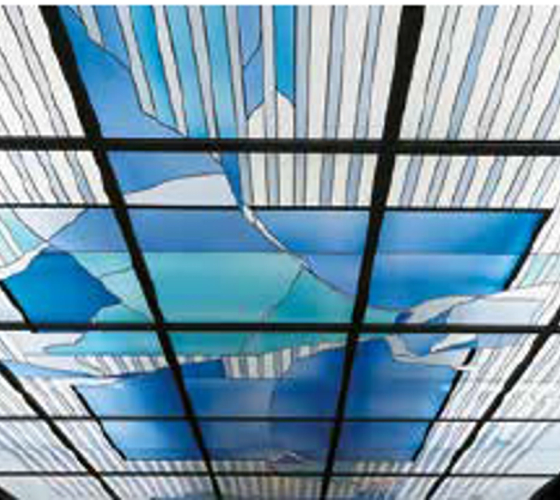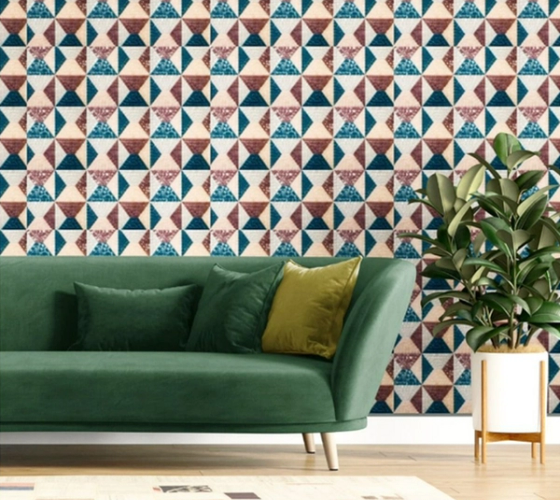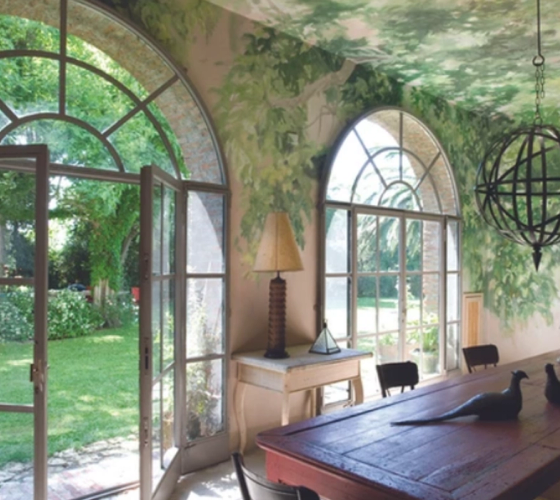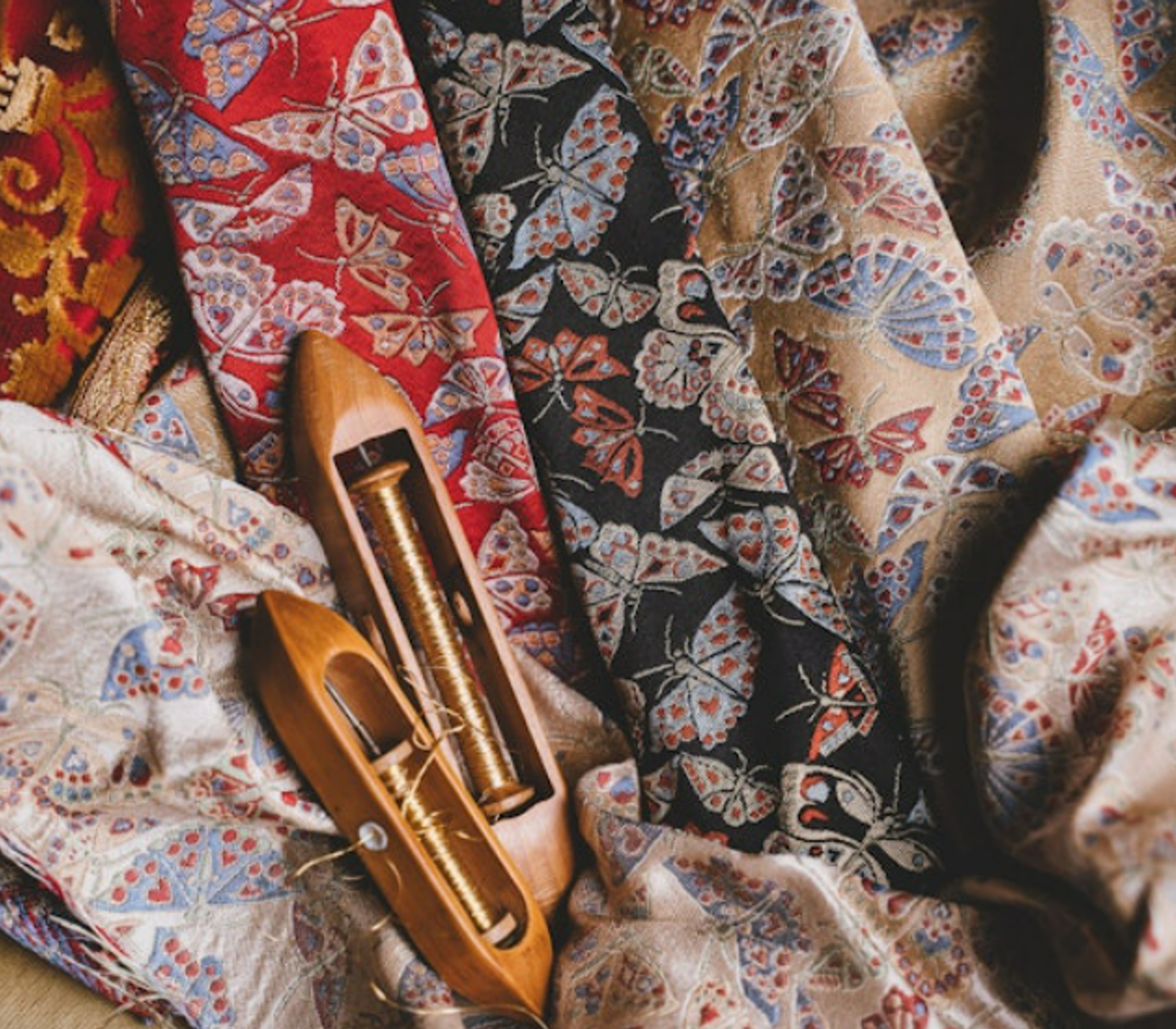
Differentiating Client Interaction Spaces: A Focus on Artisanal Objects
In today’s saturated market, differentiation is key for businesses aiming to captivate clients and guests. Whether in a boutique jewelry store or a luxury hotel, the spaces where interactions occur play a pivotal role in shaping perceptions and driving engagement. By incorporating artisanal objects, these environments can transcend functionality, becoming strategic tools for building relationships and standing out. Let’s explore how thoughtful design choices, focusing on handcrafted elements, can redefine client interaction spaces.
The Psychology of Remarkable Spaces
Human psychology reveals a clear preference for spaces that evoke emotion and uniqueness. When customers enter a space, their first impression is shaped by the visual and tactile elements of the environment. Artisanal objects, with their intrinsic uniqueness and craftsmanship, communicate exclusivity and care.
Example: A Strategic Element
A handcrafted Murano glass chandelier or a bespoke mosaic tabletop can elevate the perception of a space. These elements subtly communicate values of artistry and rarity, enhancing the overall experience.
Artisanal Objects as Marketing Tools
Artworks and crafted objects are not mere decorations—they are touchpoints that reinforce a brand’s identity and values. These elements act as non-verbal marketing tools, telling stories that resonate with visitors and clients.
Storytelling Through Design
Using handcrafted items, businesses can weave a narrative into their spaces. For example:
- Murano Glass Pieces: Represent the fusion of tradition and innovation, appealing to clients who value heritage.
- Handmade Paper: Elevates communication and branding materials, showcasing attention to detail.
- Custom Ceramics: Introduce a tactile, human element that invites interaction and admiration.
Creating Emotional Connections
The emotional impact of artisanal objects cannot be overstated. When visitors interact with a space that feels curated and intentional, it fosters a sense of belonging and trust. This emotional branding strengthens loyalty and word-of-mouth referrals.
Differentiation Through Artisanal Elements
In a competitive landscape, businesses must leverage uniqueness to stay ahead. Artisanal objects offer an unparalleled opportunity to differentiate by creating spaces that are impossible to replicate.
Building Exclusivity
Incorporating unique artisanal decor positions businesses as purveyors of exclusivity. For instance:
- Customized Mosaic Flooring: Guides clients through spaces while telling a visual story.
- Handcrafted Display Stands: Transform the way products are presented, making each piece feel like part of an art exhibition.
Crafting Memorable Experiences
Ambiance can be a decisive factor in client and guest satisfaction. Differentiation can be achieved with:
- Textile Wall Hangings: Infuse spaces with texture and color while telling stories of local craftsmanship.
- Artisan-Designed Furniture: Combines functionality with design, creating a seamless blend of comfort and luxury.
Small Adjustments, Big Impacts
The beauty of incorporating artisanal objects lies in their scalability. Even small adjustments can significantly enhance a space’s appeal.
Lighting as a Transformative Element
A single bespoke lighting fixture, such as a handblown glass chandelier, can change the mood of a room, guiding the client’s experience and perception.
Functional Objects with Artistic Value
Everyday items like vases, trays, or even door handles can be transformed into conversation starters when crafted with care. For example, a ceramic vase could serve as both a decorative and functional piece, holding fresh flowers while showcasing local artisanship.
The Role of Placement in Enhancing Impact
Strategic placement of artisanal objects amplifies their effect. Consider the customer journey within the space—each touchpoint should surprise and delight.
Visual Anchors
Positioning unique elements at key points in a space draws attention immediately, setting a tone of sophistication. This ensures every interaction feels intentional and memorable.
Final Thoughts: Differentiation Through Craftsmanship
Differentiating client interaction spaces requires more than aesthetics; it demands a thoughtful integration of elements that tell a brand’s story and resonate emotionally. Artisanal objects offer a timeless way to achieve this, turning ordinary spaces into extraordinary experiences. By investing in craftsmanship and considering the psychology of design, businesses can create environments that not only attract but also retain clients and guests.
Incorporate artisanal excellence into your spaces and witness the transformative power of thoughtful design. Whether you’re reimagining a retail environment or redefining a professional setting, let authenticity and artistry lead the way.
